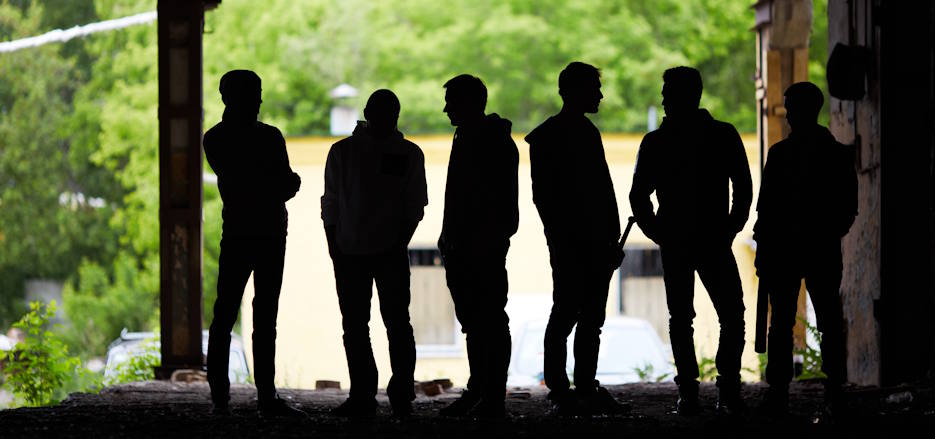The birth of a new child, whether male or female, is always cause for great joy and excitement. Jewish babies are lovingly welcomed into the community at a celebration where they are given a Hebrew name and blessed.
B’rit Milah, “the covenant of circumcision,” is the oldest continuous Jewish rite celebrated throughout the world. This ancient ceremony has its origins in Torah (Genesis 17:10-12) when God commanded Abraham to circumcise every male child throughout the generations as a sign of the covenant. Circumcisions are held on the eighth day after birth, even if that day is a Shabbat, a festival or Yom Kippur. If there is a health concern, however, the bris may be delayed.
A bris is usually performed in the home or synagogue by a mohel. The mohel, who may also be a physician, is professionally trained regarding the circumcision procedure, as well as the religious rules and values. In the traditional ceremony, the child is handed by his mother to a kvaterin (godmother) who then gives the baby to a kvater (godfather). As the baby enters the room, he is greeted by family and guests with the words “Blessed be he who comes.” The kvater then hands the child to a sandek, a special person selected by the parents to hold the baby during the circumcision. A blessing is recited and the circumcision, which takes very little time, is performed. The child’s father reads a prayer thanking God for the commandment that he “bring the child into the covenant of Abraham our father.” Then, there is a blessing over the wine, some of which is touched to the infant’s lips, a prayer for the child’s health and the bestowing of the baby’s Hebrew name. Onlookers pray for the boy to “grow into a life of Torah, marriage and good deeds” and then join in a festive meal to celebrate the fulfillment of this religious obligation.
Other clergy
Cantorial Soloist Emerita: Naomi Taussig
Cantorial Soloist Emeritus: Arthur Guttman
Gabbaim: Dr. Carl Rothschild, Simon Krakovsky, Jenny Glickman-Rynd and Amy Gilbert
.svg)
.svg)
.svg)
Reservation and additional information:
Your message
has been sent successfully!

Senior Rabbi Dan Moskovitz
Senior Rabbi of Temple Sholom since July 2013
Other clergy
Cantorial Soloist Emerita: Naomi Taussig
Cantorial Soloist Emeritus: Arthur Guttman
Gabbaim: Dr. Carl Rothschild, Simon Krakovsky, Jenny Glickman-Rynd and Amy Gilbert














































.svg)




